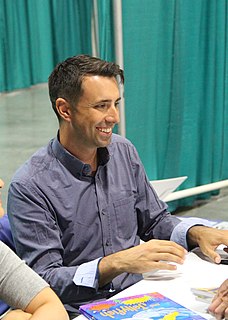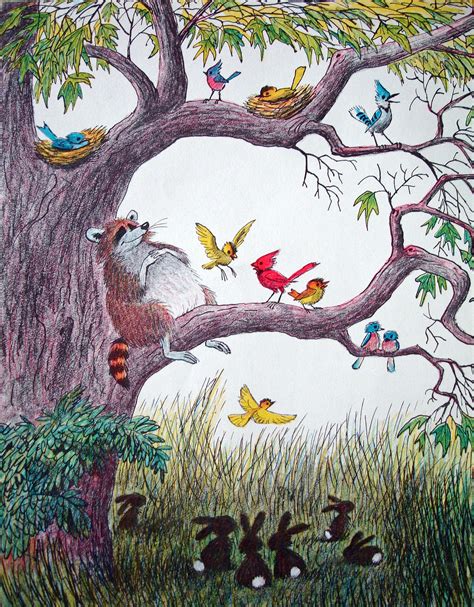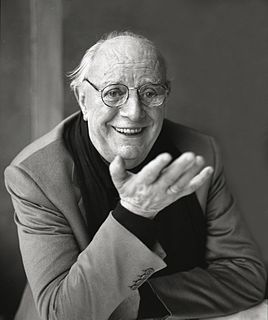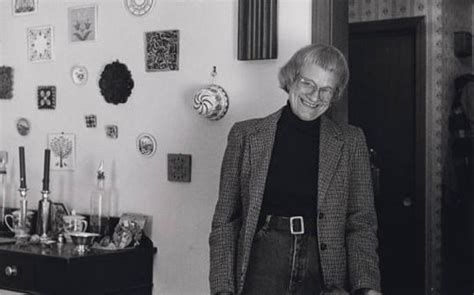A Quote by Jarrett J. Krosoczka
My name is Jarrett Krosoczka, and I write and illustrate books for children for a living. So I use my imagination as my full-time job.
Quote Topics
Related Quotes
I am an author-illustrator of children's books - and yet - I must confess I don't do the books for the kids. When I'm working on a book I'm somewhere else - at the circus - or a rustic old farm - or deep in a forest - with no thought of who might read the book or what age group it would appeal to. I write them so I can illustrate them.
I'd finished the first two [books] and they were going to to be published, and [editor] said, "We need you to write a summary that will drive people to these books." And it took forever. I couldn't think of a thing to say. I looked at the back of other children's books that were full of giddy praise and corny rhetorical questions, you know, "Will she have a better time at summer camp than she thinks?" "How will she escape from the troll's dungeon?" All these terrible, terrible summaries of books, and I just couldn't.
I write for young people because I like them and because I think they are important. Children's books can be mind-stretchers and imagination-ticklers and builders of good taste in a way that adult books cannot, because young people usually come to books with more open minds. It's exciting to be able to contribute to that in a small way.
I don't change the language for children books. I don't make the language simpler. I use words that they might have to look up in the dictionary. The books are shorter, but there's just not that much difference other than that to be honest. And the funny thing is, I have adult writer friends [to whom I would say], "Would you think of writing a children's book?" and they go, "No, God, I wouldn't know how." They're quite intimidated by the concept of it. And when I say to children's books writers, would they write an adult book, they say no because they think they're too good for it.
Many years ago I had two small children, and I wanted to be able to be home when they got home from school. And I didn't like the direction journalism was taking. I thought if I could write books, I could work at home and have the best of both worlds. I wrote my first mystery while still working full time, and it didn't sell, but the next one did sell, so I quit my job for the world of fiction. Scary, but I've never regretted it for a single day.
Of course all children's literature is not fantastic, so all fantastic books need not be children's books. It is still possible, even in an age so ferociously anti-romantic as our own, to write fantastic stories for adults: though you will usually need to have made a name in some more fashionable kind of literature before anyone will publish them.

































